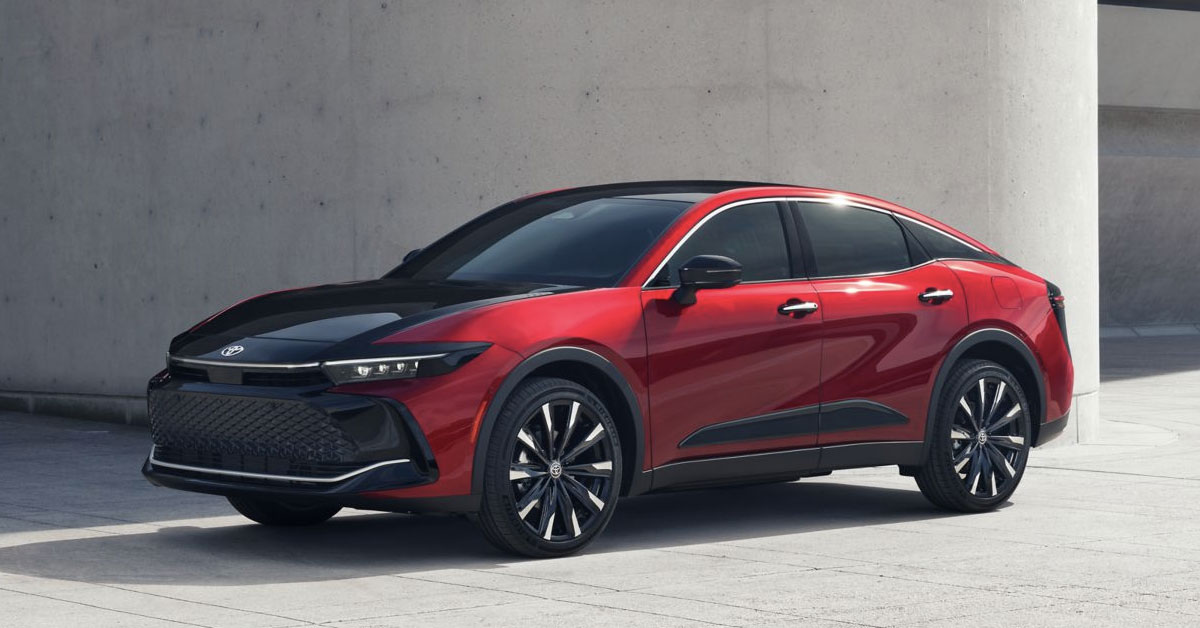Japanese automakers like Toyota, Honda, and Nissan have earned strong reputations for producing some of the most dependable, highest-performing vehicles on the market. There are distinct reasons behind the enduring popularity of Japanese cars, especially with enthusiasts. Let’s take a deep dive into the key factors that set Japanese cars apart.
1. Precision Engineering
From the factory floor to finished products, Japanese cars reflect precision engineering that translates into exceptional performance and longevity. Meticulous design, rigid quality control, and continuous refinement result in incredibly refined vehicles.
2. Robust Quality Testing
Automakers thoroughly test vehicle reliability through rigorous programs. Toyota tests all components to failure thresholds far beyond normal use. Honda’s “daily abuse” testing exposes cars to extreme Canadian conditions. This ensures vehicles withstand the elements.
3. Low-Friction Technology
Innovations like twin-scroll turbochargers, direct fuel injection, variable valve timing, and 6-speed transmissions optimize power delivery while improving fuel efficiency. Japanese automakers are constantly innovating.
4. Nimble Handling and Control
Japanese cars are revered by enthusiasts for exceptional handling and control, with finely tuned suspension and steering systems. Vehicles take tight corners and winding roads with precision and agility for a thrilling ride.
5. Iconic High-Performance Models
From the twin-turbo Toyota Supra to the Honda S2000 roadster, Japanese brands have produced some of the most iconic sports cars ever made. Models like the Honda NSX and Nissan Skyline developed cult-like followings for raw speed and power.
6. Commitment to Safety
Safety innovations pioneered by Japanese car companies include crumple zones, side impact protection, collision avoidance systems, and advanced driver aids. Vehicles earn consistently high safety ratings for protecting occupants.
7. Low Ownership Costs
Cars require significant ongoing investments beyond just the initial purchase price. Insurance, fuel costs, parking fees, and registration/taxes add up quickly. Maintenance and repairs like oil changes, tire rotations, brake jobs, and transmission services are unavoidable at certain mileage intervals.
Unexpected part failures or major issues can drain budgets rapidly. Even depreciation takes a financial toll over time as the vehicle loses value. The all-in costs make car ownership quite expensive overall. Proper budgeting and choosing affordable, reliable models help manage the expense.
This is where Japanese cars come in. Quality engineering translates into fewer repairs and longer-lasting components, from transmissions to seat belts. Routine maintenance is very affordable compared to domestic and European rivals.
8. High Resale Value
Exceptional reliability keeps used Japanese cars on the road longer, maintaining higher value. Opting for a vehicle that retains significant value over time is a smart financial move for car buyers. Models with strong resale value depreciate slower and can be sold down the road for more money. This minimizes the depreciation cost you ultimately incur. Resale value is driven by reliability, desirability, longevity of the brand, and how well the particular model holds up. Doing research to choose cars with historically higher resale values will maximize your investment should you sell or trade it in. This keeps more money in your pocket and optimizes the long-term cost of ownership.
9. Technological Innovation
Japanese automakers are constantly developing advanced technology like hybrid systems, fuel cells, lane keep assist, and parking cameras. Vehicles integrate the latest tech seamlessly.
10. Reputation for Service
Dealer networks are committed to customer service, from free courtesy vehicles to online service scheduling. Brand loyalty results from overall satisfaction with sales and service experiences.
For over 50 years, Japanese automakers have painstakingly built reputations for quality, innovation, driving dynamics, and safety. These core strengths explain the enduring performance, reliability, and popularity cemented in Japanese car culture today.






